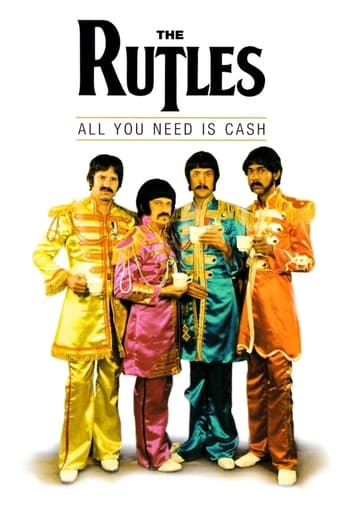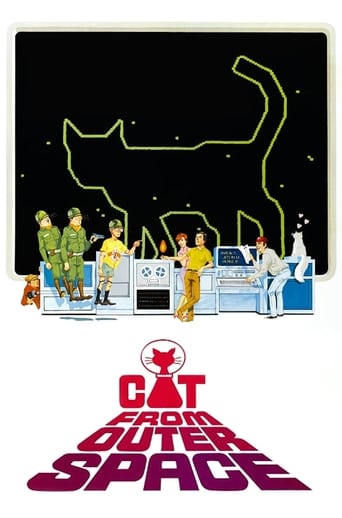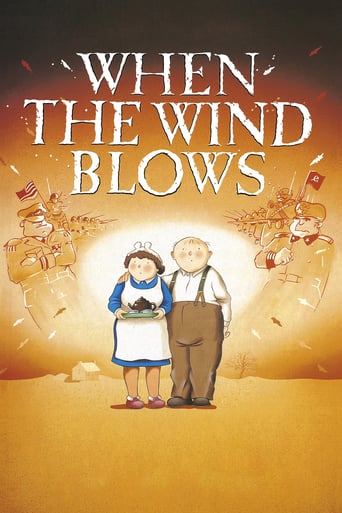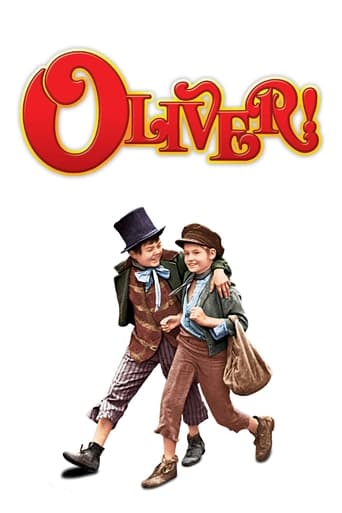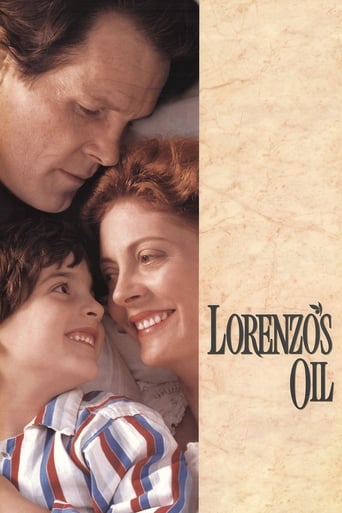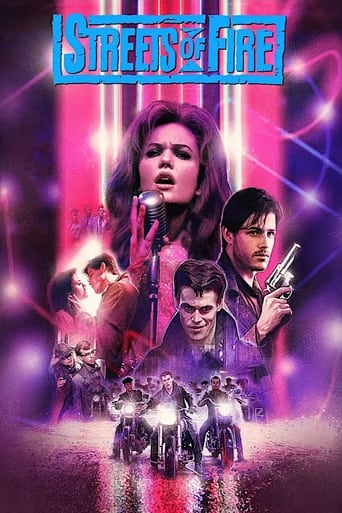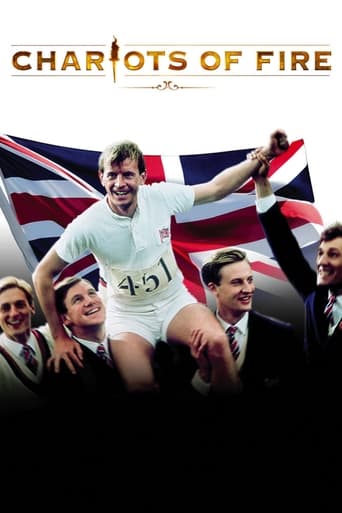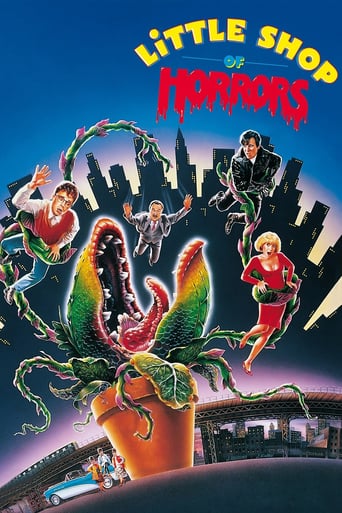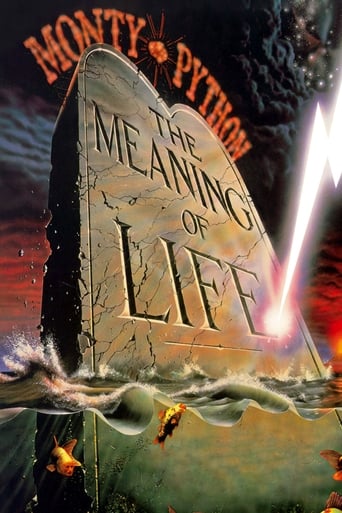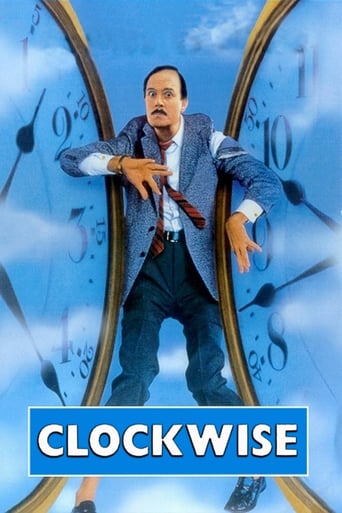


Clockwise
An uncompromising British school headmaster finds himself beset by one thing going wrong after another.
-
- Cast:
- John Cleese , Alison Steadman , Penelope Wilton , Stephen Moore , Geoffrey Palmer , Benjamin Whitrow , Tony Haygarth


Similar titles
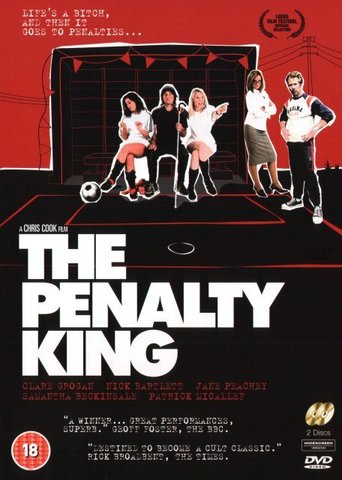

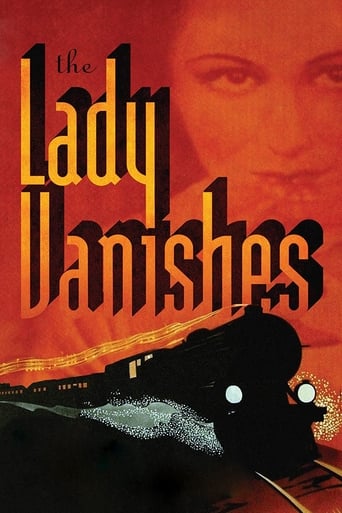
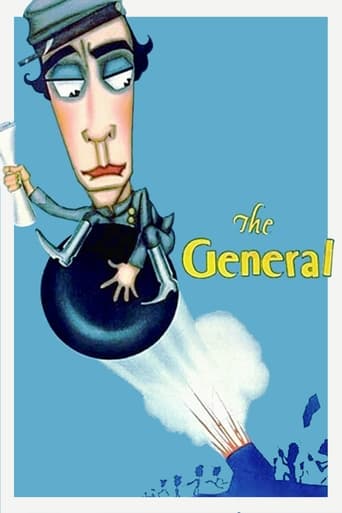
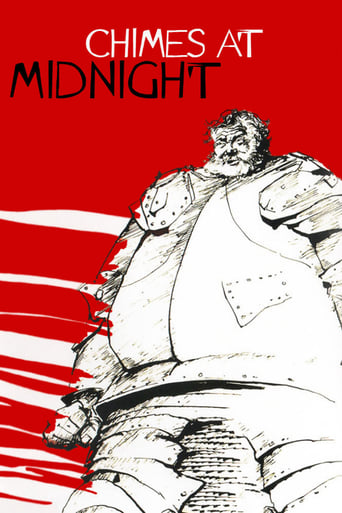
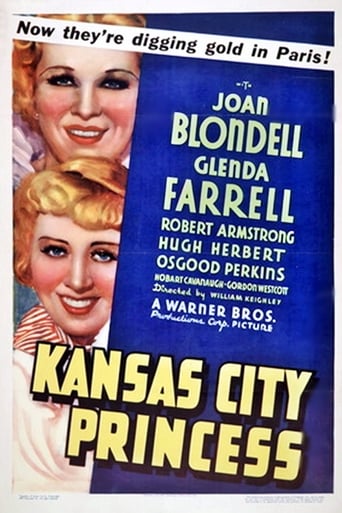
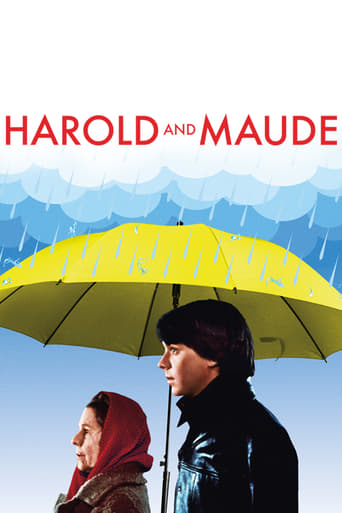
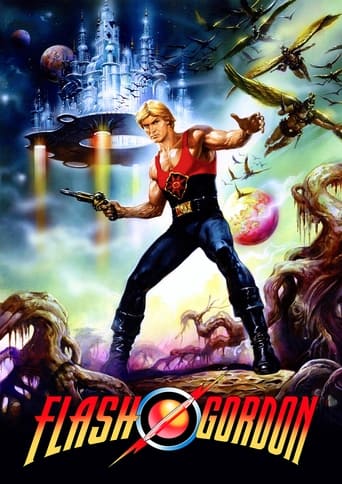
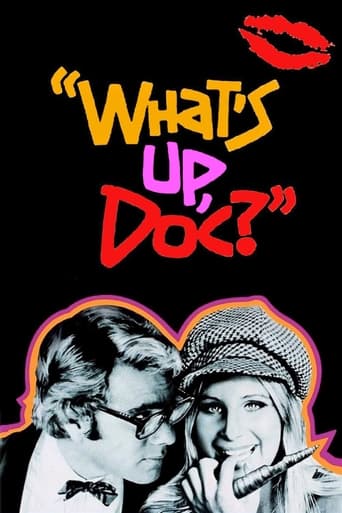
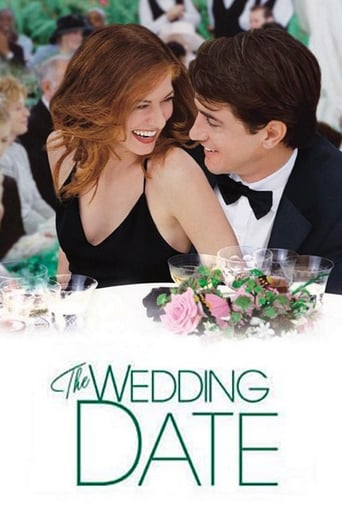
Reviews
Too much of everything
One of my all time favorites.
Fun premise, good actors, bad writing. This film seemed to have potential at the beginning but it quickly devolves into a trite action film. Ultimately it's very boring.
It's the kind of movie you'll want to see a second time with someone who hasn't seen it yet, to remember what it was like to watch it for the first time.
Somewhere between the success of Fawlty Towers and A Fish Called Wanda, came Clockwise - a film about a Basil Fawlty-esque headmaster who is obsessed with time-keeping, yet finds himself increasing late for an important meeting in Norwich.Seeing as it was released between the two masterpieces, it's fitting that it sits between the two in terms of enjoyment. It sort of leans in and out of the other two, borrowing a little of each's style, but never quite matching either. Cleese is now called Brian Stimpson, but is basically Basil doing a different job, so you have him performing as Basil, yet on the big screen. Plus it's possibly the most bleak of all Cleese's projects.It's easy to see why Clockwise was never as much of a global hit as the other two. Fawlty Towers delighted in showing up English eccentricity, whereas A Fish Called Wanda was designed to appeal to an Anglo-American audience. Clockwise has a distinctly British feel to it, therefore, only people of a certain age will truly get it (my young daughter watched it and simply said 'Why don't they just use their mobile phones?' - ahh, to grow up in the 21st Century!).If you're a fan of Fawlty Towers and possibly the much under-rated Fierce Creatures, then you should definitely give this a go. You probably won't like it as much as all Cleese's other projects, but it should raise a few chuckles here and there (plus watch out for the many Fawlty Towers cameos!).
Before I start I just want to say that I'm a *massive* fan of Cleese and virtually all of his work, from his acting performances to his work behind the camera. I'm very fond of so much of his filmography, from the Python series and films, to A Fish Called Wanda to Fierce Creatures and of course, the near perfect Fawlty Towers.Because of this, I was recommended Clockwise.I was expecting a feature-length symphony of chaos and Cleese-humour; Fawlty Towers, but given a budget and a 100 minute run time to wreak havoc for Cleese's character.However, Clockwise is anything but.The biggest problem with the film is its pacing. It is almost unbelievably slow. Of course, a slow buildup is often a benefit in such comedies; the story and circumstances slowly burn towards a riotous explosion of comedy, like Fawlty Towers has so often done. But in those instances, the slowness worked because we were always aware of the threat, of the tension, of the promise of what trouble is bubbling below the surface. In the case of this film however, I was bored almost to the point of turning off the movie.Clockwise features entire scenes where characters do essentially nothing, or engage in so-called 'antics' that are virtually free of tension, suspense or humour. The scenes in the monastery, in the country fields, in the phone box or by the side of the road completely drain the film's energy. The very point of the movie is for us to feel the importance of every second tick by, to race against time, to be terrified of the prospect of being late--of missing the engagement. However, although Cleese's character is set up to be bordering on near obsession with these things, by the midway point he has seemingly abandoned these qualities and drifts through the film, even remarking that he doesn't care anymore. This character trait change is completely unprecedented, and makes no sense, to say nothing of how it drains the film of drama and comedy. I won't even touch on the bizarre and absurd sequence in which Cleese and his student take another man into the woods to steal his clothes by offering sex. It's barely usable in theory, and in execution, the scene is utterly groan-inducing.The second major problem refers to the characters themselves and the way the film handles them. An entire slew of supporting characters are introduced (badly and uninterestingly), each of them supposedly being set up to antagonise and confound Cleese when he finally arrives. After we spend the whole film slowly and numbingly reaching Cleese's engagement, these characters are virtually forgotten, merely wandering into his speech session to distract him for a moment before being seated. The explosion of comedy and awkward confrontation, as was done so marvelously in A Fish Called Wanda, Fierce Creatures and Fawlty Towers, never occurs at all. The film's climax barely even occurs, and when it does, it's merely signposted by Cleese giving a bizarrely disjointed speech; a scene which doesn't seem to know whether it's suggesting that Cleese has lost his mind, or is merely winging it. Frankly, at this point, I didn't care. The subplots and ultimate conclusion of the story are never resolved. The film simply stops. Having Cleese's character no longer caring is fine, but this fact is never properly established.Finally, the performances are either painful or boring. Everyone but Cleese seems to have turned their 'annoying-stereotype' meter up to eleven, screeching, whining and giggling in the most absurd ways. Meanwhile, Cleese himself plays the film surprisingly straight and subdued, barely every reaching his trademark levels of Basil Fawlty hysteria. This, despite the fact that he finds himself in situations that would make Fawlty collapse in agony. Naturally, I understand that we are dealing with different characters here, but since the film which to such arduous lengths in the first act to set up Cleese's neurosis, the fact that he sleepwalks through the rest of the film is genuinely bizarre.Ultimately, Clockwise is incredibly disappointing, and, despite the apparent love of it in certain circles, I feel should be avoided at all costs.It's begging for a remake to inject some tension, suspense and genuine comedy into this simple concept.
i watched this on TV back when i was in P7, one Sunday evening, and i loved it, it was a real funny comedy and you'll never guess what, i found the DVD in my brothers room and i'm gonna watch it tonight, can't wait!The film is basically about a man whose is on a journey to a meeting but is continuously stopped by various things that occur (going in the wrong direction, going through a field e.t.c....) but he eventually gets there in the end.Overall i enjoyed this film when i was 11, lets see if tonight i will still enjoy it as much...
I first saw this film on its cinema release and thought it a gentle, slightly dated but amusing English comedy. Watching it again last night (it was given out free on DVD with a Sunday newspaper) I realised what a greatly underrated, highly intelligent film it is. In fact I suspect it is a little TOO intelligent for mainstream audiences, which perhaps is why it has never been a blockbuster.What impressed me was the highly philosophical nature of the plot which deals with the artificial nature of timekeeping in modern society.Stimpson suffers from the modern disease of believing that all the problems of life can be solved by the imposition of obsessive man made order and regulation (something our present Government appears to suffer from also) in particular with regards to timekeeping. His whole identity is based on timekeeping and he is unable to relate to anything outside his own worldview. Stimpson is the classic tragic overreacher who doesn't realise that his attempts at control are actually having the opposite effect.The sense of dislocated identity is a recurrent motif in the film. The senile old ladies are not merely there for comic relief - they act as a mirror to Stimpson's own disintegrating sense of self. One of the ladies (the late great Joan Hickson) is stuck in a 'loop' of consciousness relating to sherry glasses, and the other is convinced that she is in the place she has already left, but the third lady, 'aren't we lucky people!' represents the childlike happiness of those who are literally outside time - her polite bewilderment and contented singing at the end of the film as Stimpson is led away underscore this neatly.Other motifs of dislocated identity and location abound. Stimpson drives a car which does not belong to him, and which does not belong to the girl he takes it from, who is also not licensed to use it. It is then driven in a completely random, directionless way across fields ('we don't need the track!')until it has to be rescued by a tractor which Stimpson refuses to see even though he's standing right next to it. (This particular sequence, with the Morris 1100 driving over the fields, has an almost lyrical quality to it, especially to someone who spent most of his childhood holidays in a similar car).Stimpson then spends some time in a monastery, where the characters, like the senile ladies, are outside of time in the conventional sense - almost stuck in the middle ages - again the innocent happiness of those outside time is shown by the monk cheering on Cleese in his chase after the car.Finally Stimpson makes his last ditch attempt to reach the conference in a car stolen from someone who again, does not own it himself, and in a stolen suit which does not fit him which, in a hilarious counterpoint to his own crumbling identity, falls to pieces while he is wearing it.The only thing the film lacks is perhaps a little more background on what changed Stimpson from being a hopeless timekeeper to an obsessive one, and what happened to him after he was caught.

